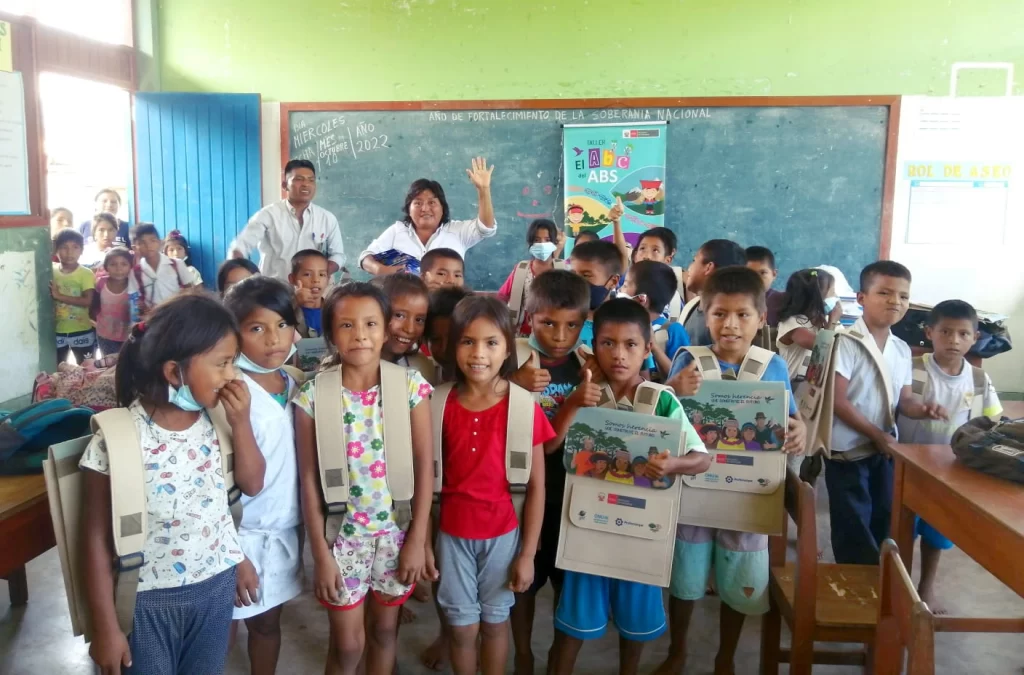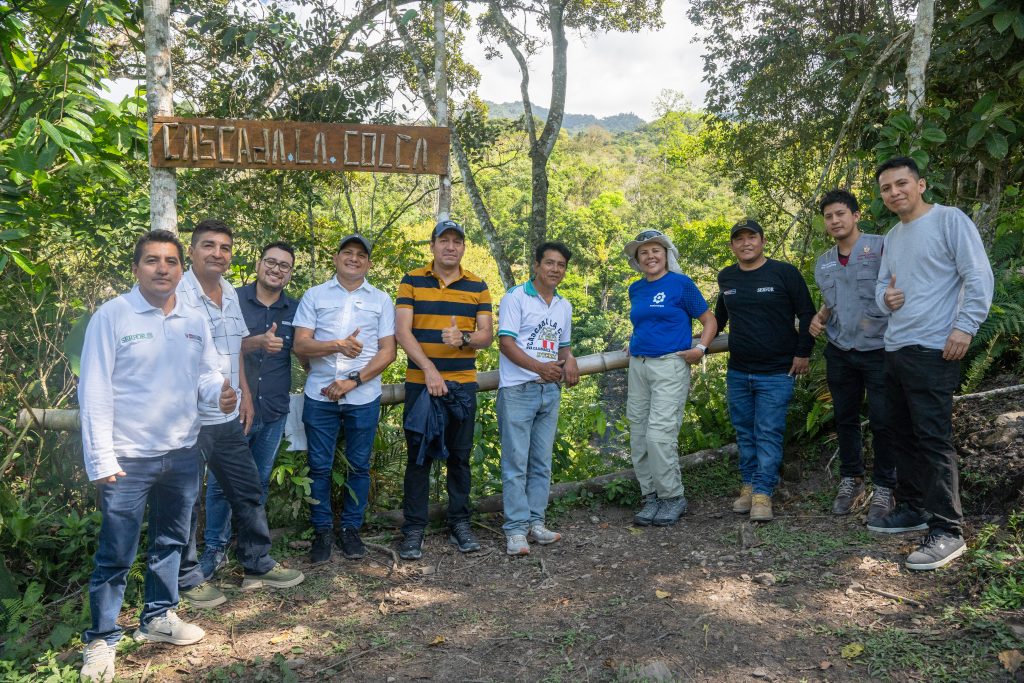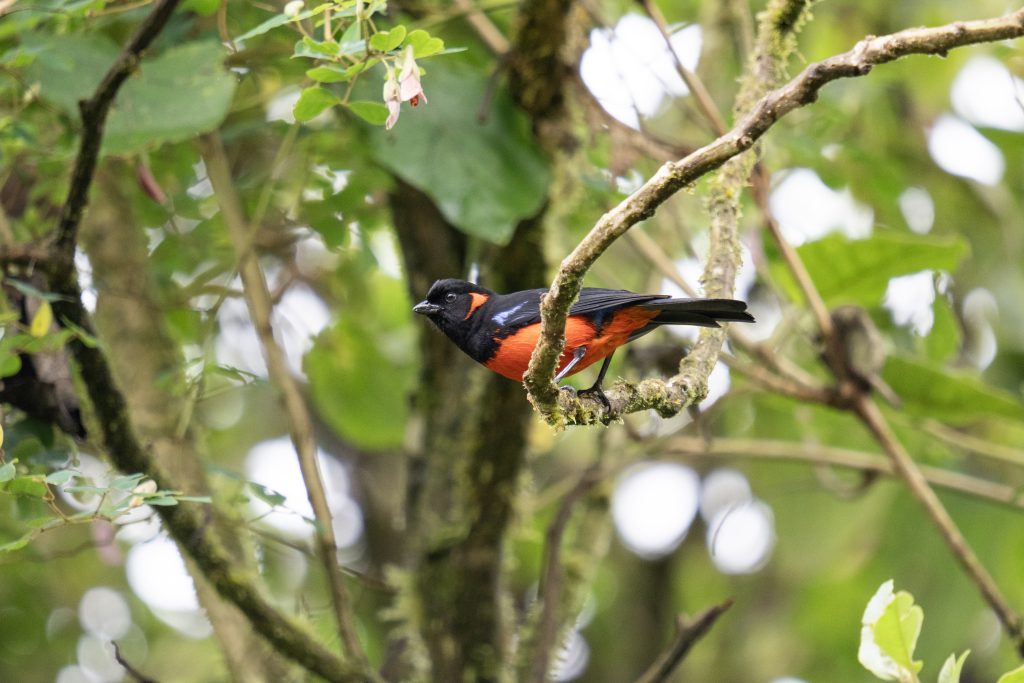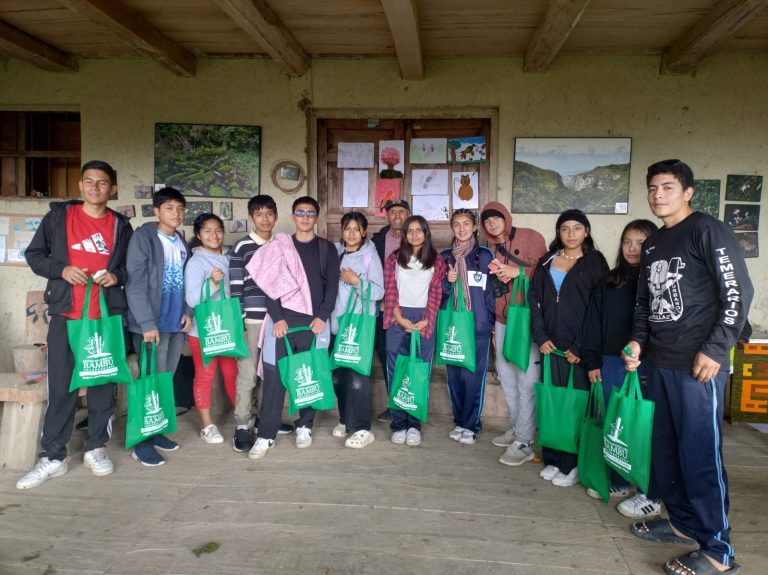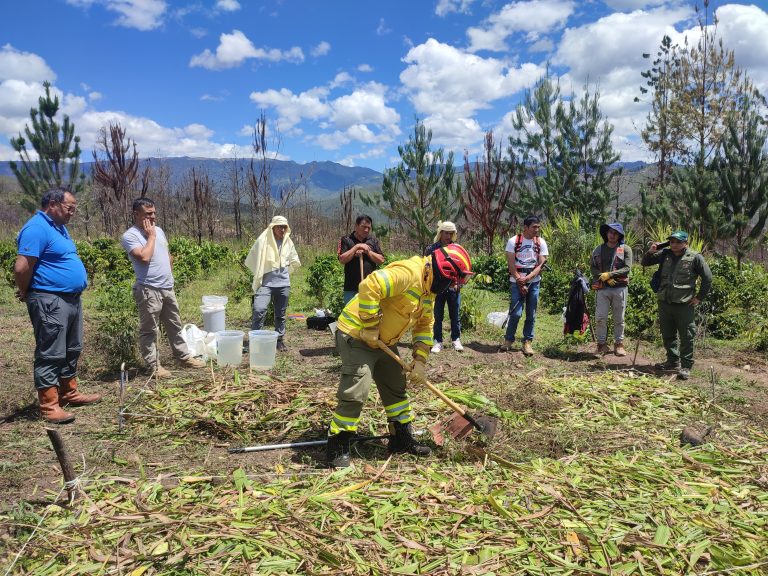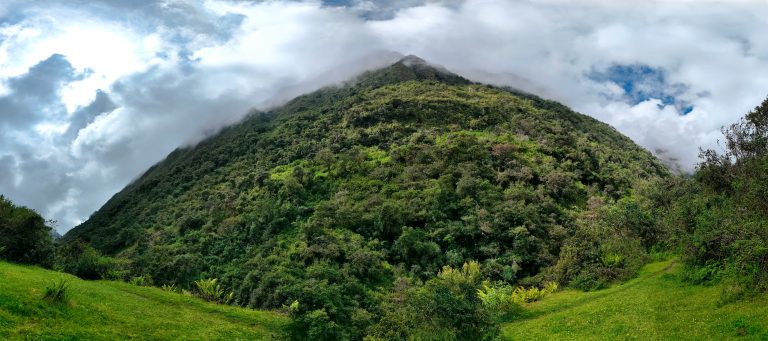In order to raise awareness among children from native Awajún communities in the province of Condorcanqui, Amazonas region, workshops were held on “The ABC of ABS”, promoted by the Ministry of the Environment and Profonanpe, which seek to involve young people in the valuation of traditional knowledge for the conservation of biodiversity.
The workshops were held in three intercultural bilingual educational institutions in the Amazon region, where significant experiences were developed to build learning based on previous knowledge associated with the genetic resources of the flora and fauna of their environment.
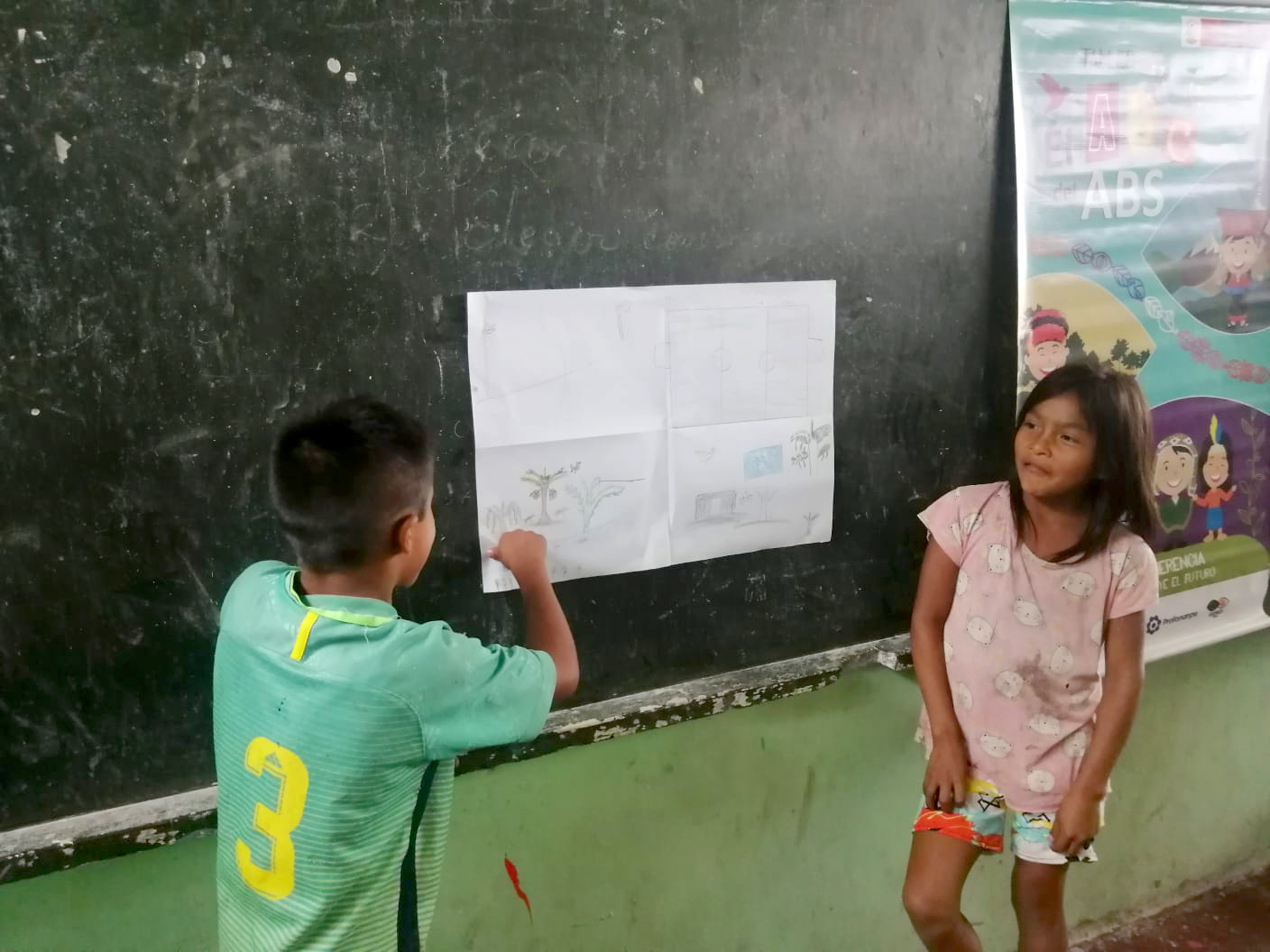
The workshop was attended by 156 children from three Awajún native communities: Pakui, Shushug and Huaracayo. The awareness-raising workshop called “The ABC of ABS” seeks to help children build their own learning based on their previous knowledge of biodiversity-related topics, under an intercultural, gender and intergenerational approach.
Likewise, as part of the activities to value traditional knowledge in the communities visited, and in coordination with the National Institute for the Defense of Competition and Protection of Intellectual Property (Indecopi), the process of registering the collective knowledge of these native communities began.
The workshop was also supported by the NGO Yunkawasi, an organization that works for the conservation of the biodiversity of the Colán Mountain Range.
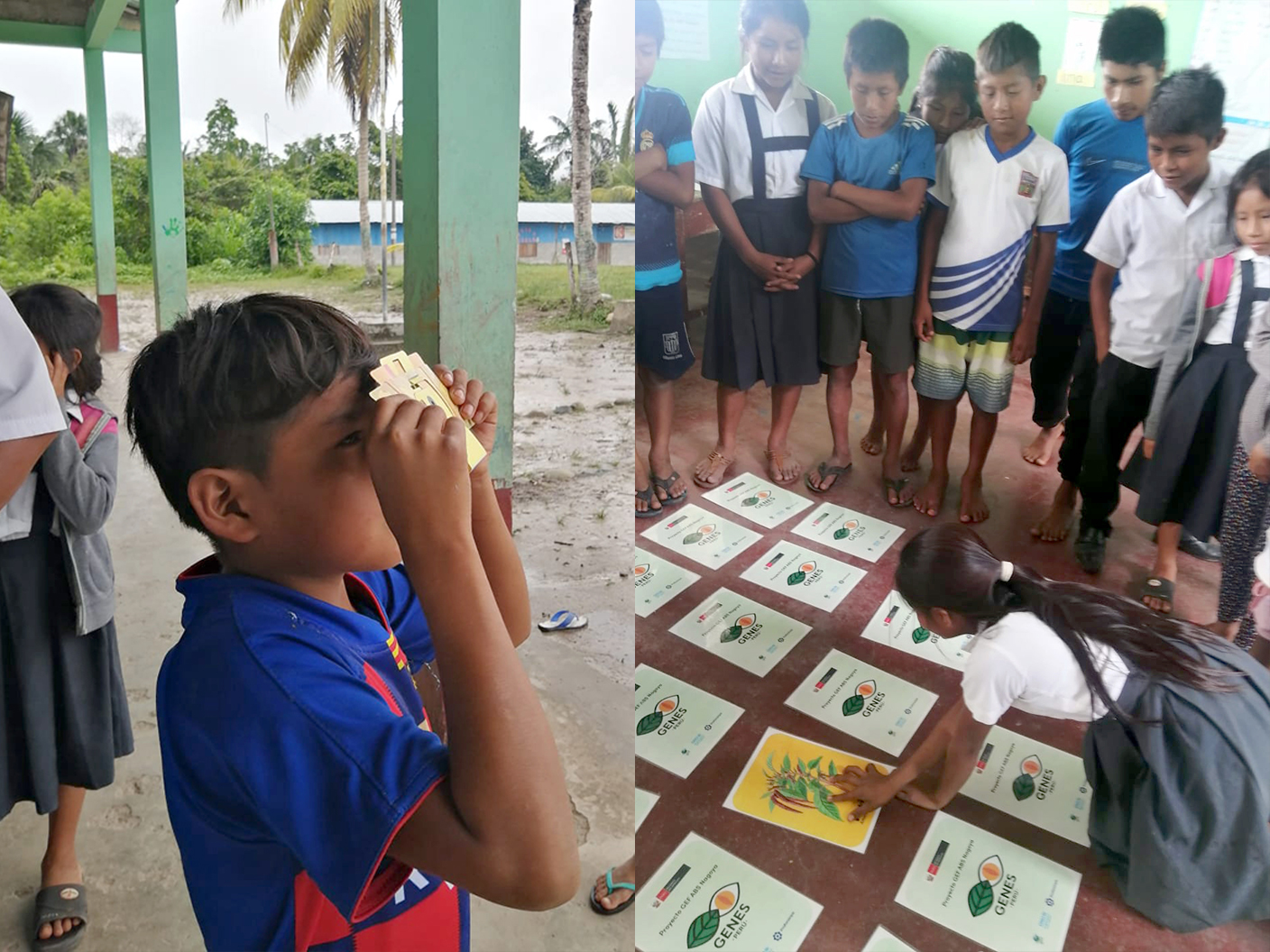
The ABC of ABS
This is a non-formal educational experience, within the framework of the intercultural training program promoted by the GEF-ABS-Nagoya Project, which aims to encourage the valuation of traditional knowledge associated with genetic resources for a future fair and equitable sharing of the benefits derived from their use (ABS: Access and benefit-sharing) through educational and recreational activities.
About the GEF-ABS-Nagoya Project
This project, financed by the Global Environmental Facility (GEF) and implemented by the Ministry of Environment, Profonanpe and UN Environment, aims to strengthen national capacities for the effective implementation of regimes for access to genetic resources and traditional knowledge in accordance with the Nagoya Protocol and thus contribute to the conservation of biodiversity and the well-being of people in the country.


